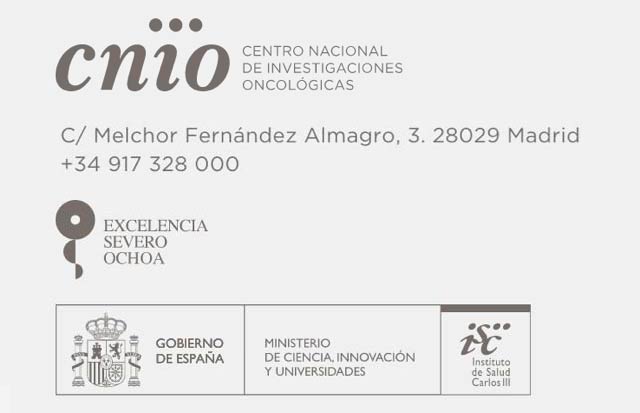Navigating the complexities of pancreatic ductal adenocarcinoma: A review on therapeutic models and RAS inhibitors
Barrambana S, Zamorano-Domínguez E, Liaki V, Guerra C.
Pancreatic cancer is one of the most lethal types of cancer, known for a poor prognosis. Currently, the standard of care for unresectable tumors consists of combinations of cytotoxic chemotherapy. Thus far, targeted therapies against specific oncogenic pathways have not been approved for clinical use. Most cases of pancreatic cancer are sporadic/non-hereditary Pancreatic Ductal Adenocarcinomas (PDACs) and are caused by activating mutations in the KRAS oncogene. For the past four decades, KRAS was considered "undruggable". However, numerous multi-selective and mutant-specific RAS inhibitors are now under active development. In this review, we present experimental models of PDAC that facilitate studies of response to therapy and drug resistance. We also discuss recent evidence on targeted therapeutic strategies under preclinical and clinical evaluation, with emphasis on the KRAS signaling.




